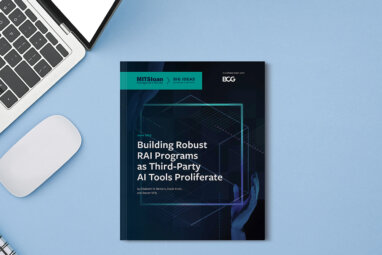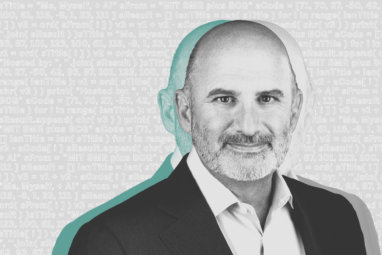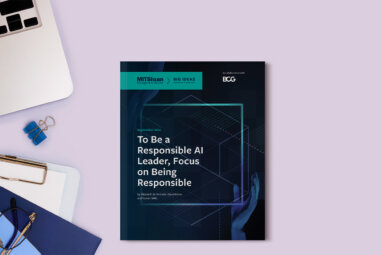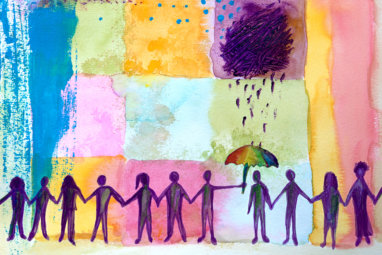
Ethics
Effective Leaders Articulate Values — and Live by Them
Leaders who explore, evaluate, and refine their values set themselves up to make better decisions.


Leaders who explore, evaluate, and refine their values set themselves up to make better decisions.

Unilever examines its AI projects with a risk analysis process that looks specifically for ethical trouble points.

On the Me, Myself, and AI podcast, Amnesty International’s Matt Mahmoudi and Damini Satija discuss AI’s societal risks.

On the Me, Myself, and AI podcast, Airbnb’s Naba Banerjee explains how machine learning helps protect hosts and guests.

The 2023 MIT SMR-BCG responsible AI report finds that third-party AI tools pose increasing risks for organizations.

MIT Sloan Management Review’s summer 2023 issue includes a look at the risks and potential rewards of generative AI.

Instagram’s Stephanie Moyerman discusses AI’s role in supporting social media safety on the Me, Myself, and AI podcast.

Four steps managers can take to help establish a culture of trust and honesty in remote and hybrid work environments.

A study points to evidence-based practices that can make employees feel safer speaking up about ethics concerns at work.

Building responsible AI systems starts with recognizing that technology solutions implicitly prioritize efficiency.

Decisions that have moral consequences often require sustained and systematic consideration.

Fostering a culture where character is valued equally alongside competence can result in better decisions and outcomes.

ADP’s Jack Berkowitz explains the benefits of having data strategy, data products, and AI oversight within the CDO role.

The 2022 MIT SMR-BCG responsible AI report finds that leaders view RAI as important but few prioritize it in practice.

Reporting on unethical conduct in the workplace is linked to employees’ degree of psychological safety.

When we rely on machines to make decisions, we substitute data-driven calculations for human judgment.

When their operations intersect with labor or human rights abuses, companies need to have a plan of action at the ready.

Deloitte thought leaders discuss how to develop a holistic approach to the ethical use of technology.

The specific cultural factors that predict whether employees are happy (and will stay) aren’t what you might think.

In artificial intelligence, race and gender too often generate a bias double whammy.